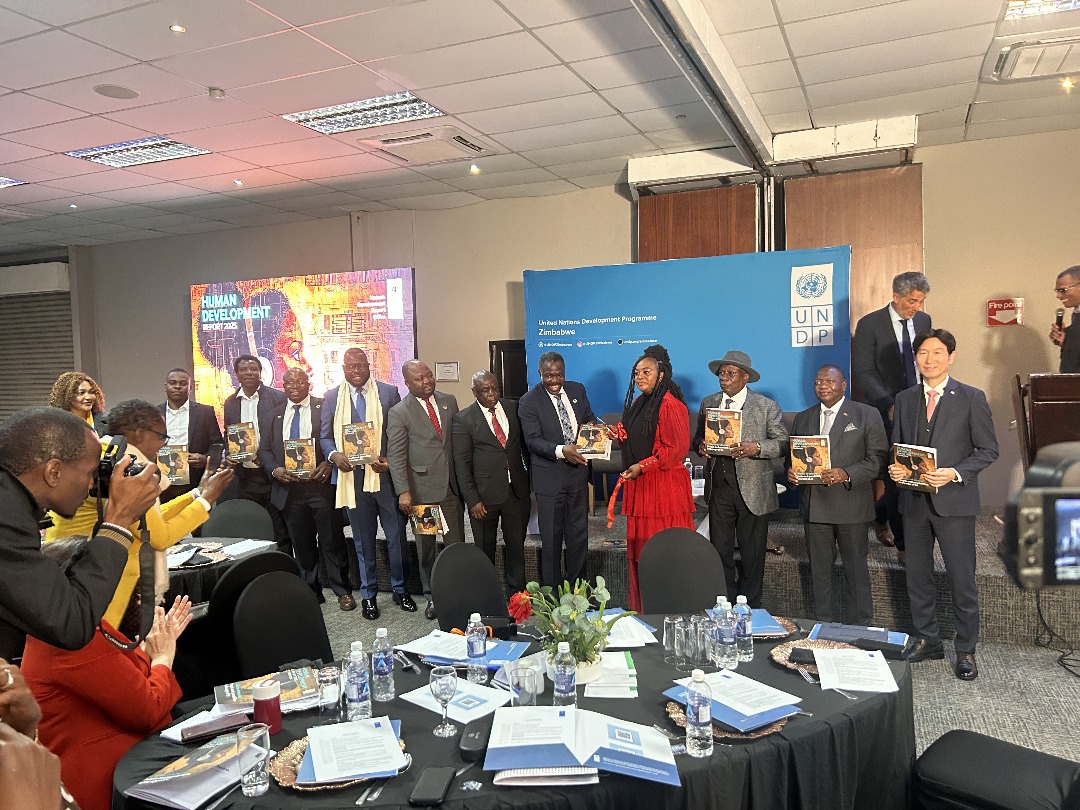Google has a new plan to help content creators and news sites, what they call publishers, make a bit more money. Think of anyone who runs a website that shares articles, videos or other useful info and relies on ads to stay afloat.
Google’s calling this new feature Offerwall, and it just rolled out after months of testing. Here’s how it works: when a reader hits a publisher’s paywall or tries to access premium content, instead of being told to pay or leave, they’re now offered options. The Offerwall lets users:
- Watch an ad
- Answer a short survey
- Sign up for a newsletter
- Or even pay a small amount to unlock the article
Google says publishers who tried Offerwall in beta saw a 9% increase in ad revenue. The reality on the ground is that AI is slowly killing off traditional search traffic, which naturally means it’s also killing publisher earnings. Google sees this Offerwall as a way to keep websites alive.
It sounds promising on paper. But as I’m sure you are already wondering, how does it look in Zimbabwe?
For Zim publishers, 9% of almost nothing is… almost nothing
Here’s the thing, Google’s 9% bump might mean something if you’re a U.S. site pulling in $20,000 a month from AdSense. That’s $1800 extra for doing nothing new. Nice.
But here in Zimbabwe, AdSense isn’t paying out anywhere near that.
Let’s take a typical Zim blog or news site. If your traffic is mostly local, you’re lucky to be making $0.30 to $1 per 1,000 views (CPM).
But websites don’t run for free, there are monthly costs like paying for the server where the site lives, domain renewals, security tools and so on. So you’d need tens of thousands of views just to cover those running costs, before you even think about salaries or turning a profit.
Now consider that 9% boost in the Zim context. If a medium sized site is making $200 a month from AdSense, they might earn an extra $18 from Google’s shiny new Offerwall. As you ca see, hardly anything to praise our Google overlords.
So yes, it’s more money. But no, it’s not meaningful.
Is it worth the reader friction
The bigger question is whether that tiny boost in revenue is worth the user experience trade-off. Imagine you’re a reader trying to get to an article and now you’re interrupted with:
- “Watch this ad to continue”
- “Answer 3 questions about toothpaste brands”
- “Sign up to this American newsletter to access this story”
Are Zimbabwean readers going to go through with that? Maybe once. Maybe never again.
You don’t want to mess with reader attention. Too much friction, and you lose them, not just from that article, but possibly forever. And let’s be honest, the Zimbabwean audience isn’t that big to begin with. You can’t afford to chase away the few loyal ones you have.
What works in Zim is different, like always
Offerwall is like Pain-Eeze for a digital publishing model whose leg has been cut off. For Zimbabwean publishers, it doesn’t fix the core problem: local traffic doesn’t pay. Ad platforms were never designed with African markets in mind.
There is stuff that would work in Zimbabwe, like:
- Affiliate deals that actually convert with local retailers
- Sponsored content and partnerships with Zim brands
- Maybe stuff like premium WhatsApp groups, we shall see where this one goes
- Products and services, like job boards, classifieds, or training courses
These ideas are hard work, but they work. That’s where the future would be and not a 9% boost on cents.
Decent idea, this Offerwall
Google’s Offerwall is a clever idea, just not for us. It’s a survival tool for large U.S. and European publishers trying to get back revenue lost to AI and declining search traffic.
In Zimbabwe it’s a reminder that we’re playing a different game. And if we want to win, we’ll need to stop chasing scraps from the global ad table like Lazarus, and start building something that actually works for our own audience.












Leave a Reply